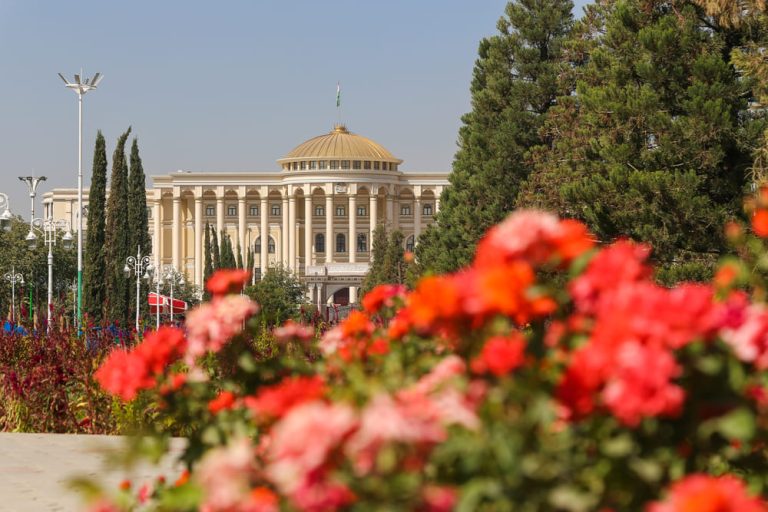Nepal’s President Ramchandra Paudel has officially ended the current session of both houses of the Federal Parliament. The session will be prorogued from midnight today, following a recommendation from the Council of Ministers.
Government’s Decision to End the Session
The decision to close the session came after a meeting of the Council of Ministers on Monday. The government decided to recommend the prorogation of Parliament under Article 93 (2) of the Constitution of Nepal. This constitutional provision allows the government to end a session based on political or administrative needs.
Following this decision, President Paudel signed the official order, which will take effect from 12:00 AM tonight.
Context Behind the Move
The decision to prorogue Parliament has come amid intense political activities in Nepal. Lawmakers had been actively debating key national issues, including economic policies, governance challenges, and security matters. The ruling coalition and opposition parties have been engaged in heated discussions on various bills and policies.
Government sources indicate that ending the session at this point will allow policymakers to focus on administrative preparations for the next legislative agenda. Some political analysts suggest that the government wants to avoid prolonged discussions on controversial matters that could disrupt governance.
Reactions from Political Parties
The move has drawn mixed reactions from different political groups. The ruling coalition has defended the decision, stating that it is a routine process required for efficient governance. However, opposition parties have criticized the timing, arguing that crucial discussions were left incomplete.
A senior leader from the opposition accused the government of avoiding accountability. “There were many important bills still under discussion. Ending the session abruptly raises concerns about transparency,” he said.
On the other hand, government officials argue that Parliament will reconvene soon with a fresh agenda. “This is not unusual. Parliament sessions open and close as per necessity. The next session will address all pending issues,” said a government spokesperson.
Implications for Upcoming Legislative Activities
With the session now prorogued, lawmakers will have to wait for the next session to resume discussions on pending bills. Several key laws, including those related to economic reforms and governance policies, remain in limbo.
The prorogation could also impact upcoming political strategies, as parties will now have to shift focus to internal meetings and policy planning. Some experts believe this break will allow parties to prepare for future elections and legislative battles.
What Happens Next?
Under Nepal’s constitutional framework, the government will now decide when to call the next session. This is typically done after consulting political stakeholders and assessing the legislative workload.
In the meantime, parliamentary committees may continue working on policy matters. Lawmakers are expected to remain engaged in discussions on national and local governance issues outside the Parliament.
The decision to prorogue the Parliament session has sparked political debate in Nepal. While the government views it as a necessary step for administrative purposes, the opposition sees it as a strategic move to delay crucial discussions. The coming weeks will reveal how political parties navigate this development and prepare for the next session.


